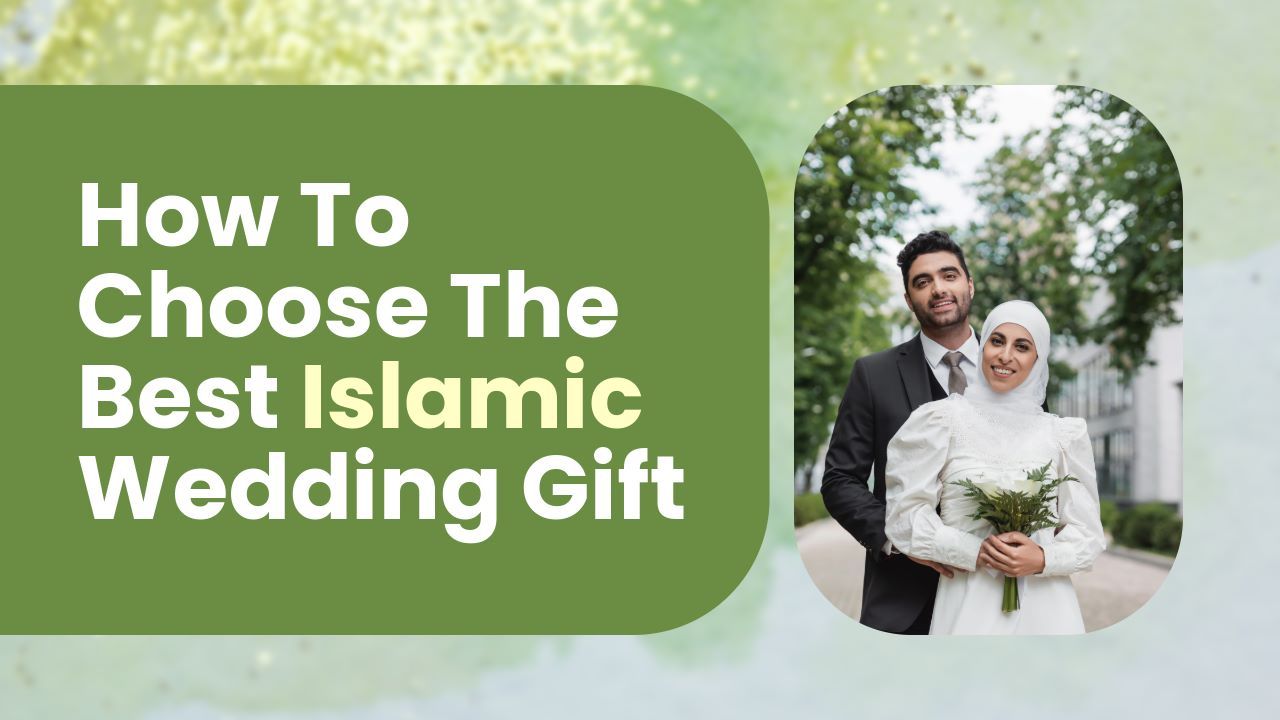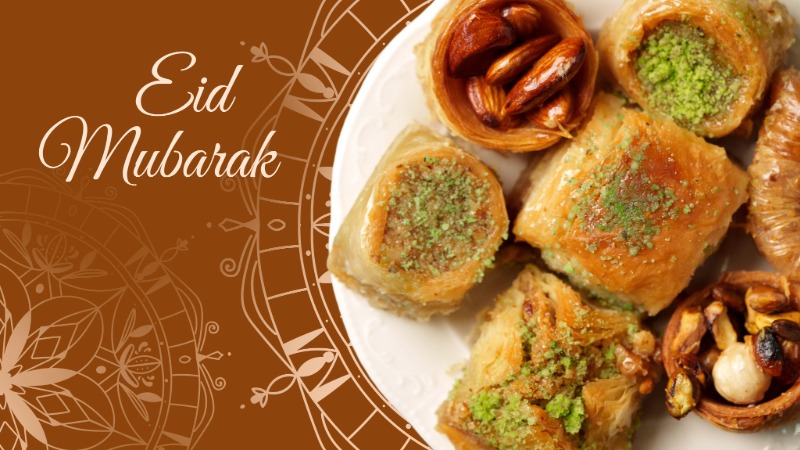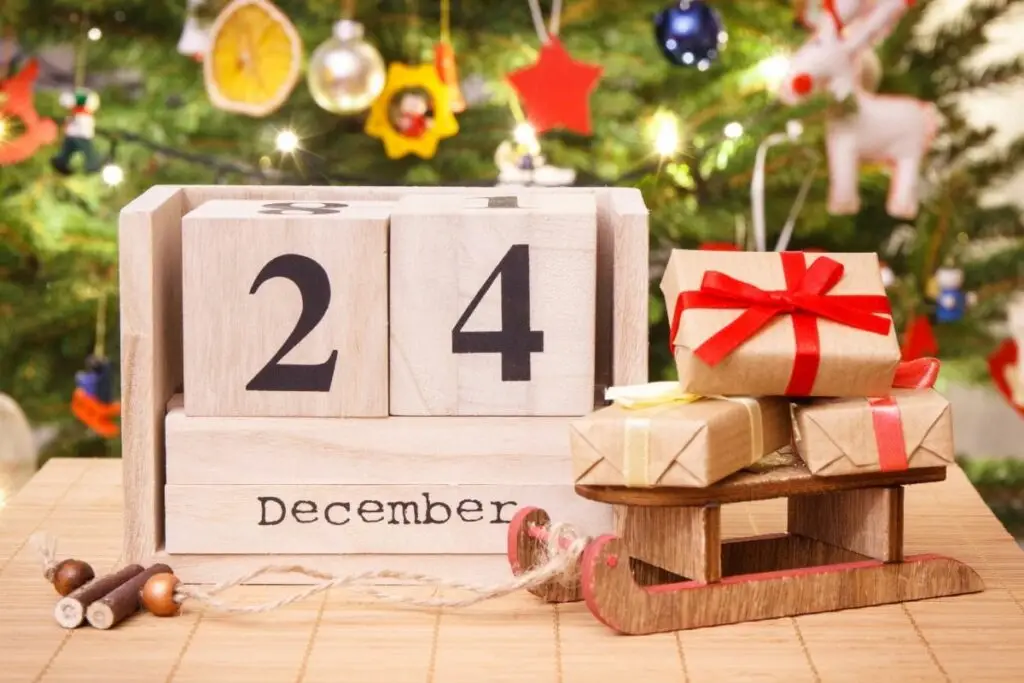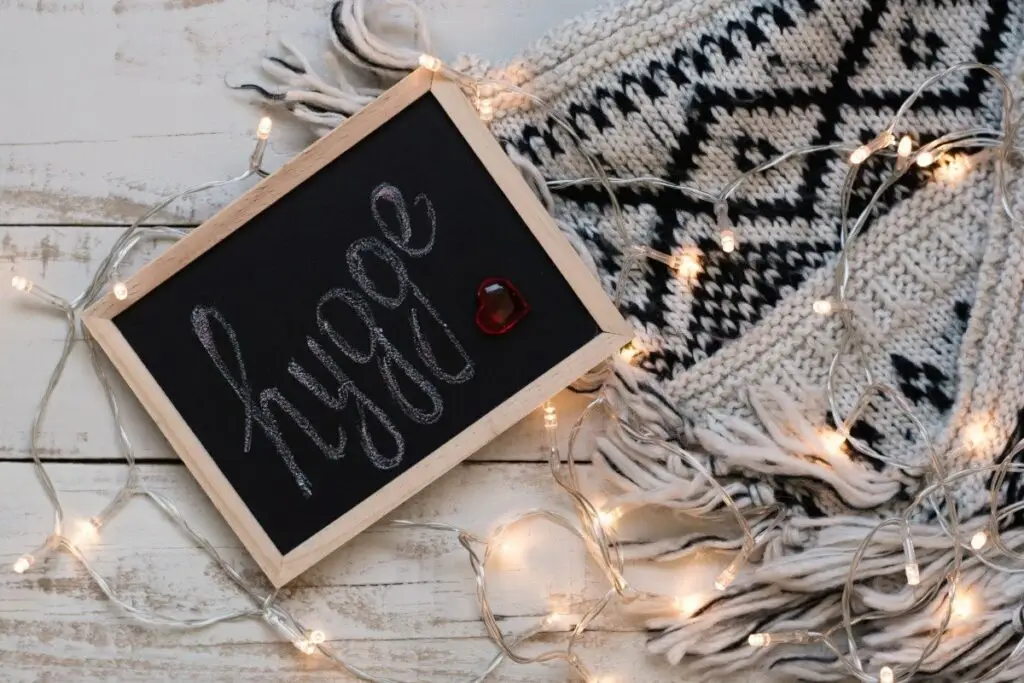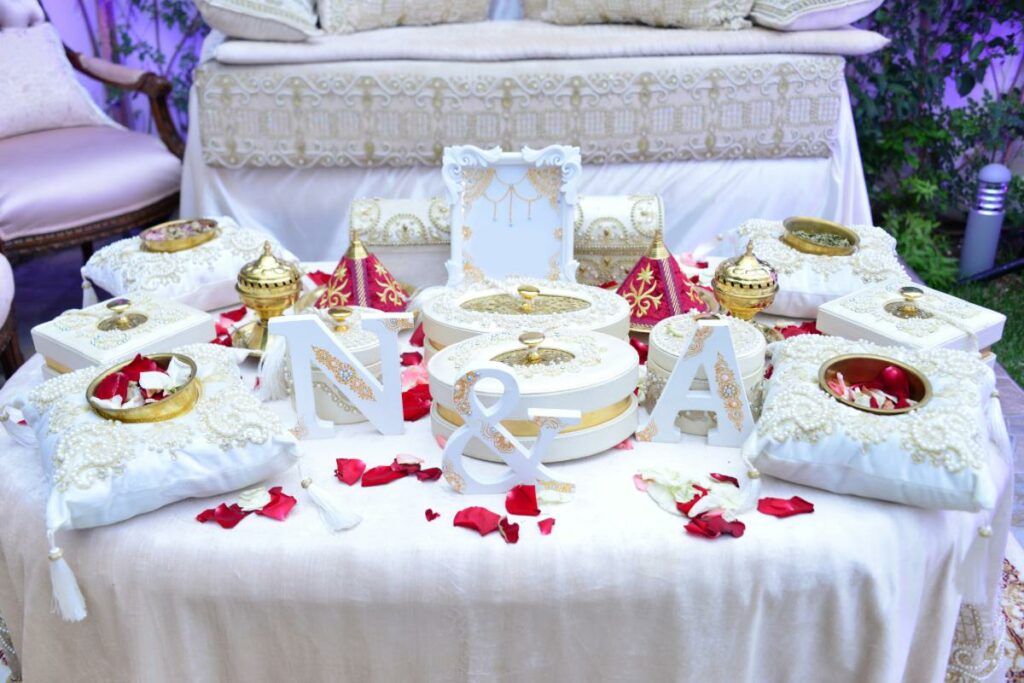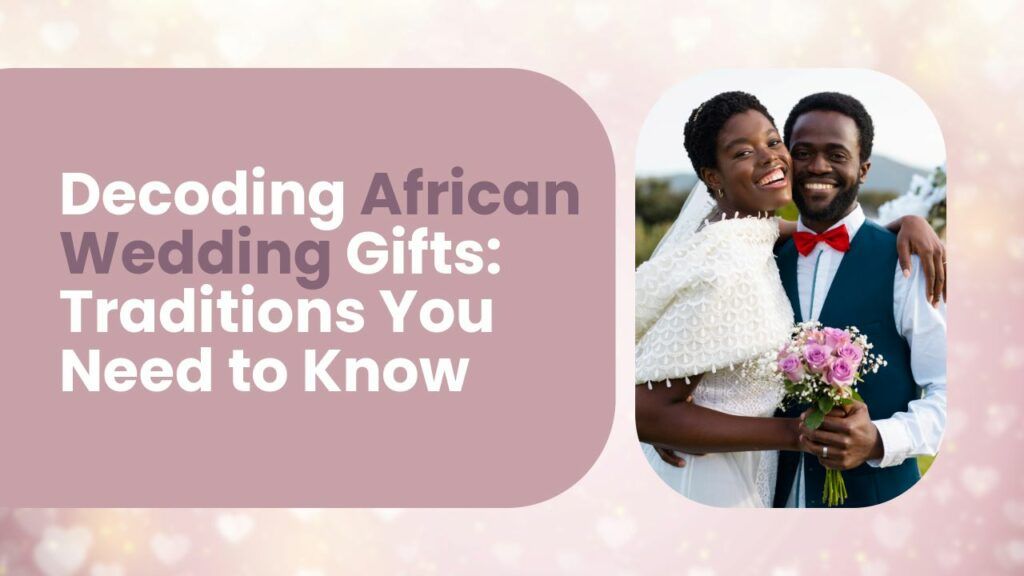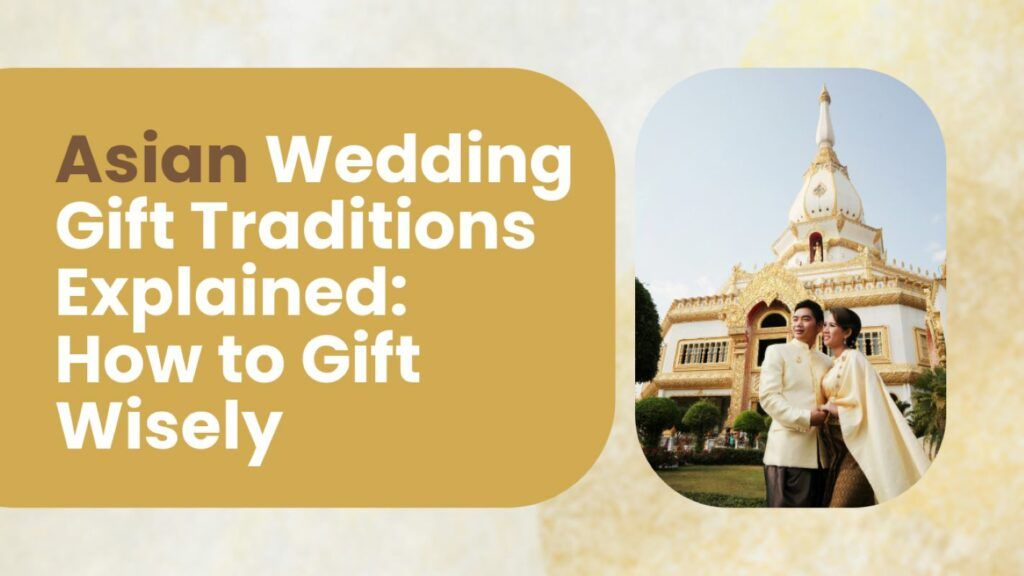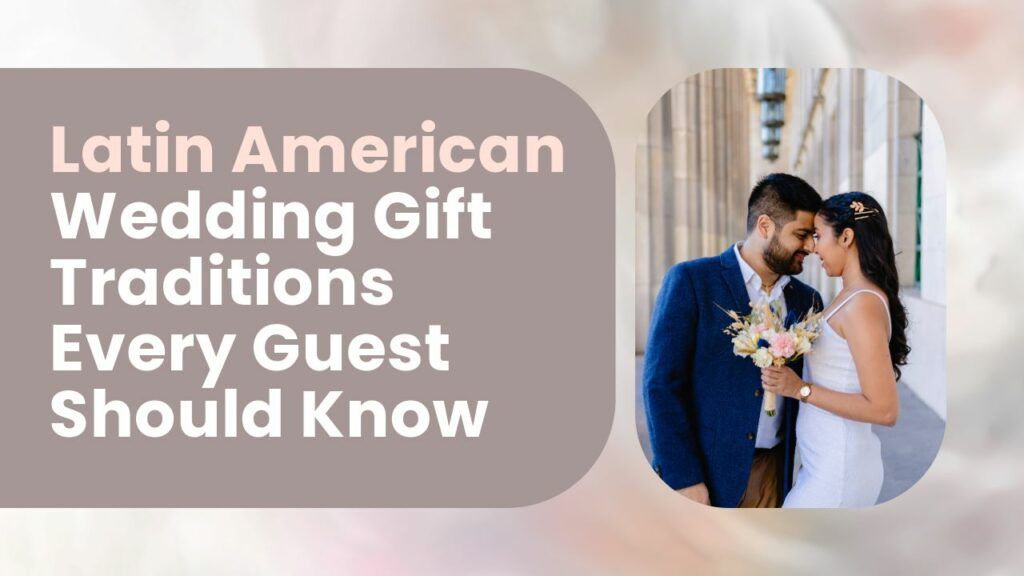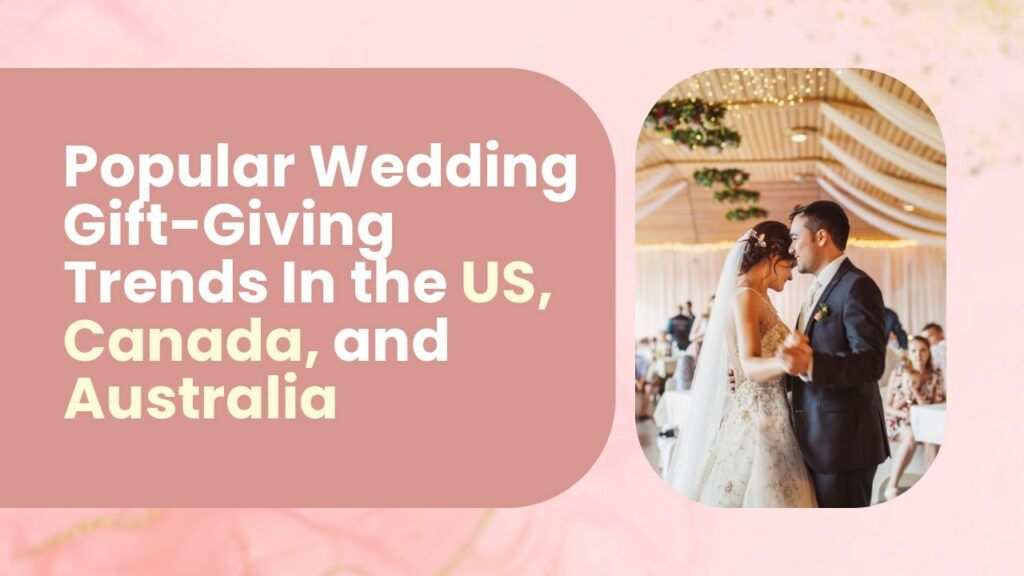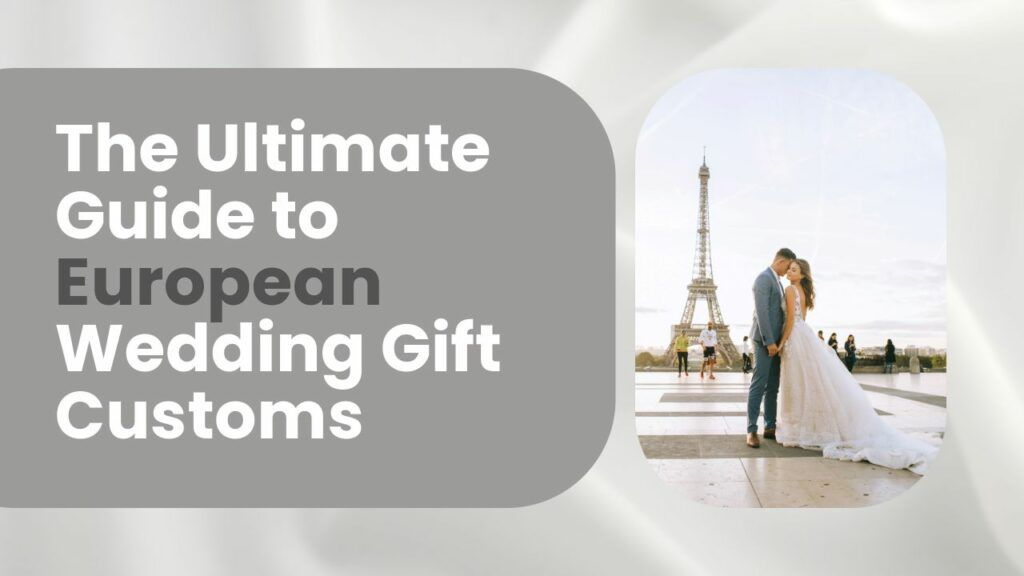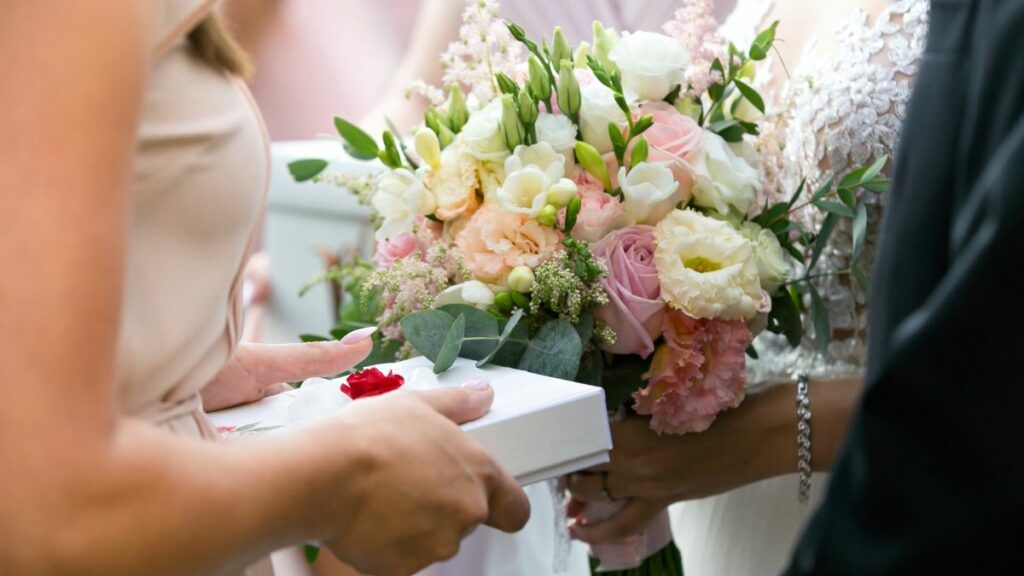Some of the links on this blog may be affiliate links. This means that if you make a purchase through these links, we may earn a small commission at no additional cost to you. We are a participant in the Amazon Services LLC Associates Program, an affiliate advertasing program designed to provide a means for us to earn advertising fees by linking to Amazon.com and affiliate websites.
A traditional Islamic wedding is culturally distinct from Western ceremonies, symbolizing a union of families, communities, and heritage.
In this article, we explore the fascinating world of Islamic wedding gift-giving etiquette, focusing on their cultural traditions and what makes an appropriate gift for a Muslim wedding. We will dive into traditional Islamic wedding gift ideas, focusing on countries such as Morocco, Saudi Arabia, the UAE, Oman, Qatar, Kuwait, Lebanon, Egypt, Tunisia, and Morocco.
Table of Contents
The Importance of Giving Gifts in Islam
In Islam, giving gifts is an important practice, rooted in the teachings of the Prophet Muhammad. A wedding gift for a Muslim couple is more than just a material offering. Muslim wedding gift customs are not just a cultural norm but a spiritual gesture that carries blessings and heartfelt intentions.
Before you choose an appropriate wedding gift for a Muslim couple, you should understand their cultural values. By aligning your gift with their faith and traditions, you honor the couple’s beliefs and contribute meaningfully to their sacred celebration.
Modern trends, particularly those influenced by social media, are shaping contemporary Islamic wedding gift ideas. Experience-based gifts are gaining popularity. Wedding gift registries aren’t usually common in the Middle East, so guests often consult close family and friends for gift suggestions.
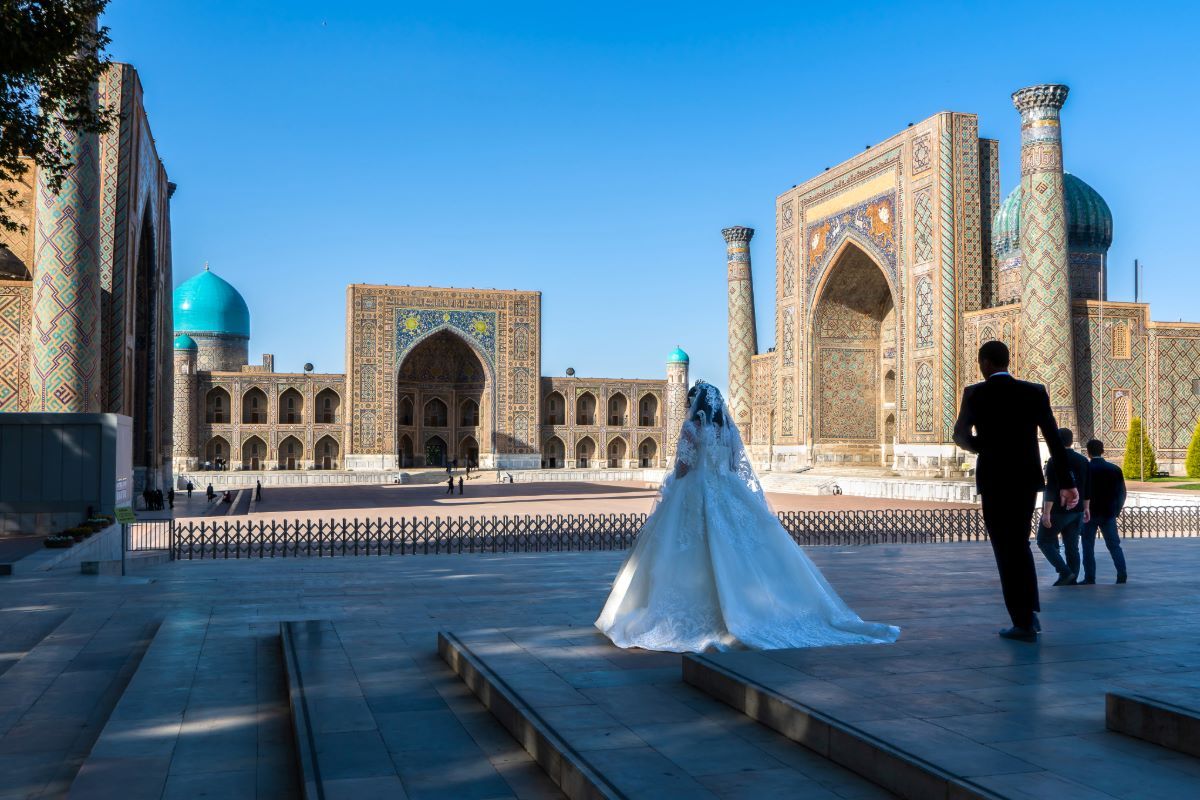
What Makes an Appropriate Gift for a Muslim Wedding?
Choosing an appropriate gift for a Muslim wedding requires thoughtfulness and cultural sensitivity. It’s about showing respect for the couple’s faith, understanding their cultural context, and offering something that will genuinely benefit them. The following factors will help guide you to choose the best gift:
1. Respect Islamic values – Avoid Haram (Forbidden) Items
Avoid gifts that that contradict Islamic principles, such as alcohol or pork products.
2. Consider modesty and practicality
Focus on gifts that are modest and practical. Household items, cash or gold are always safe and appreciated choices.
3. Take into account the cultural context
Research the specific cultural customs of the couple’s region. Gift-giving traditions can vary significantly across different Middle Eastern and Muslim communities.
4. Your relationship with the couple
The type and value of the gift is determined by your relationship with the couple. Close family members usually offer larger gifts than distant friends.
5. Family traditions
If possible, consult with family members or close friends to gain insights into the couple’s preferences and any specific traditions they observe.
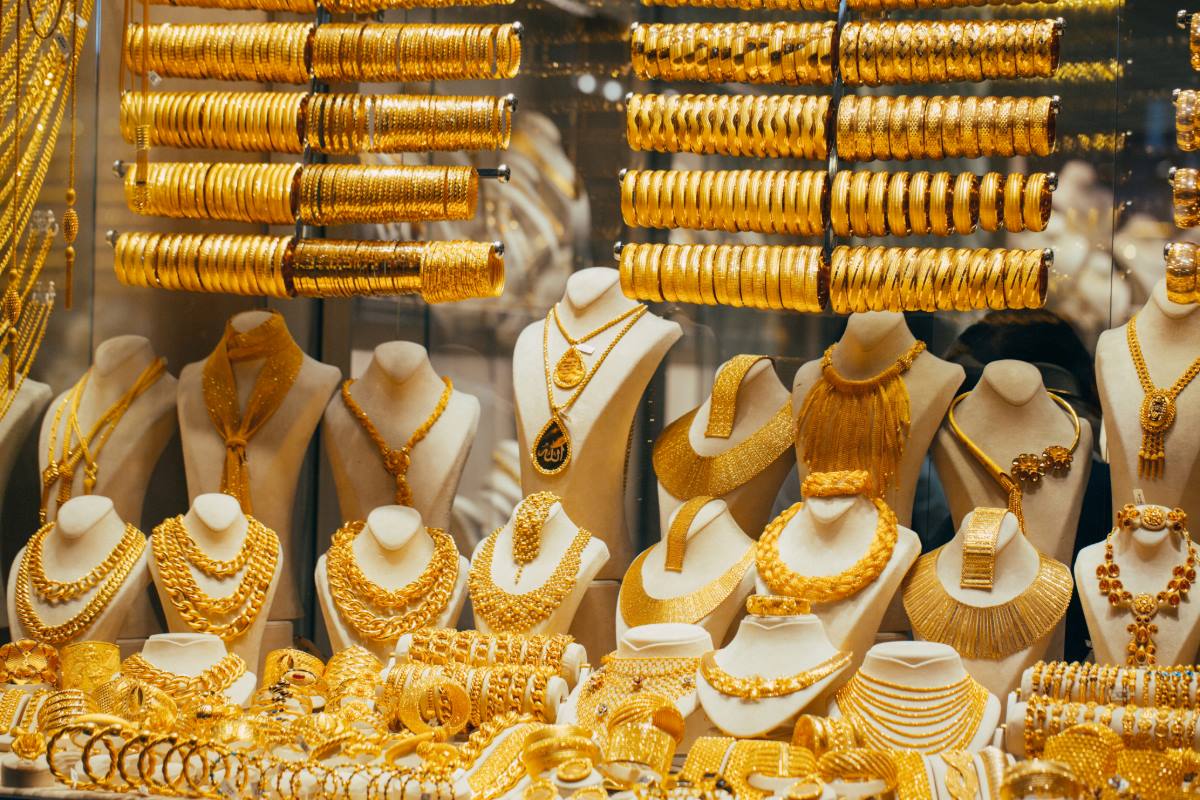
Common Islamic Wedding Traditional Gifts
When it comes to the best Muslim wedding gifts, there’s a wide variety of traditional, practical, and spiritually meaningful options.
Universal Traditional Wedding Gifts
Gold, money, and jewelry
Gold, jewelry, and money are common wedding gifts at Islamic weddings. They symbolize prosperity, blessings, and financial security. You can offer money in a decorated envelope or pin it to the bride’s dress during traditional dances. The amount of money depends on how close you are to the couple.
Gold jewelry is a timeless gift, while cash is typically presented in ornate envelopes or during traditional dances like the Yowalah in the UAE or Zaffeh in Lebanon. These gifts reflect the cultural and spiritual significance of generosity in Islamic traditions.
Household items
Close friends and family members often give practical wedding gifts such as furniture, appliances, or kitchenware to help the couple set up their new home. Such items are viewed as both thoughtful and useful.
Traditional and Meaningful Gifts:
- The Holy Quran
- Prayer Mats (Sajadah) - A prayer rug is ta common and appriciated gift for practicing Muslims.
- Tasbih (Prayer Beads) - A beautiful and original tasbih is a fantastic gift that practicing Muslims value and cherish.
- Islamic Calligraphy - Framed calligraphy of Quranic verses or Islamic phrases adds beauty and meaning to the home.
- Islamic Home Décor - Islamic posters and home decorations are widely available, and you can certainly find options that are suitable for any home.
Modern and Personalized Gifts:
- Personalized Islamic Jewelry - If you want to offer something special, choose customized jewelry with Arabic script or Quranic verses.
- Experience-Based Gifts - These days giving experiences like halal travel vouchers or spa treatments are gaining popularity.
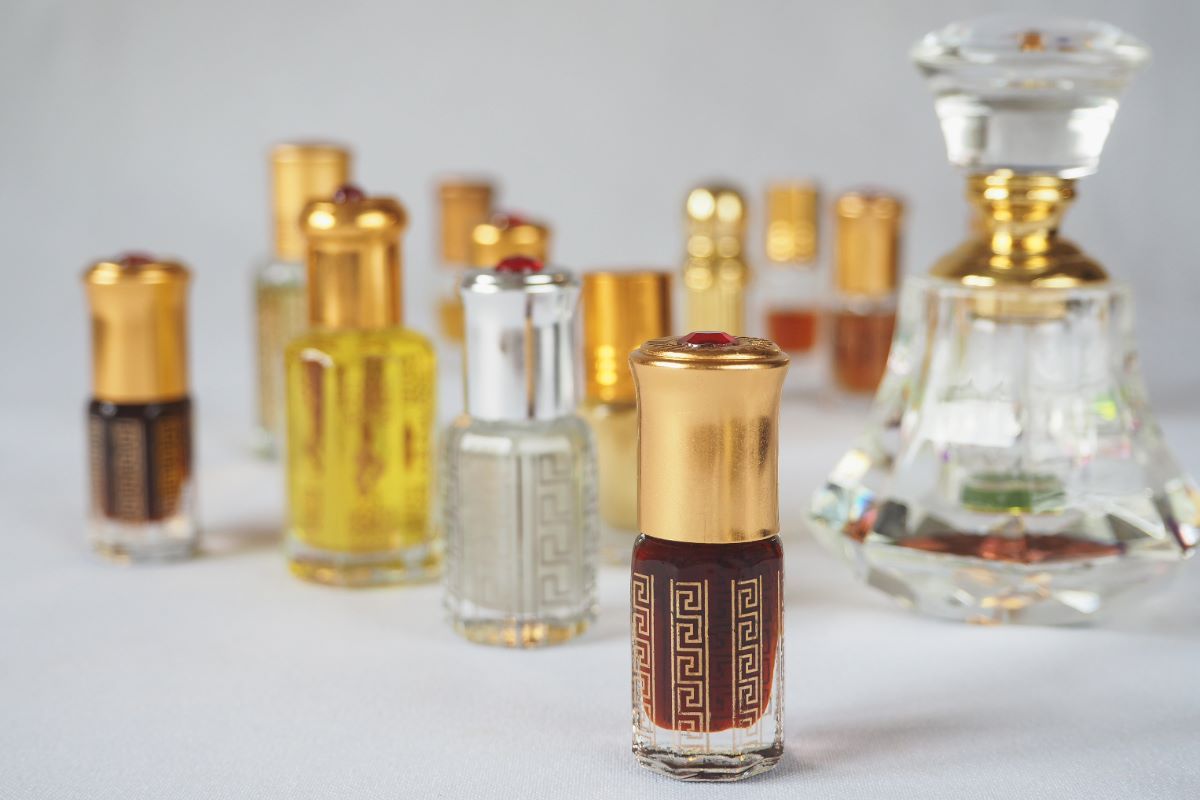
Symbolism of Traditional Wedding Gifts in the Middle East
Islamic wedding gifts carry deep symbolic meaning, reflecting cultural values and blessings for the newlyweds. Common Islamic wedding traditional gifts include:
- Gold and jewelry: Represent wealth, security, and blessings.
- Perfumes and oud: Symbolize luxury and personal care.
- Home essentials: Provide practical support for a new household.
- Monetary gifts: Offer much appreciated financial support for newlyweds.
Wedding Gift-Giving Traditions in the Middle East: Country by Country
Wedding traditions in the Middle East and North Africa (MENA) region reflect deeply rooted cultural and religious customs. While all countries in the region have Islamic influences, wedding gift-giving practices vary based on local traditions, economic factors, and historical influences.
Gifts often symbolize prosperity, love, and family unity. One common theme is that all of these regions value gold and monetary gifts as symbols of prosperity and blessings.
In gulf countries, wedding traditions highlight wealth, status, and family honor. Mahr (the dowry) plays a crucial role in weddings.
Mahr is a form of financial security for a woman in the event of divorce due to the fault of her husband, which she receives from the groom at the time of her wedding.
The bride typically receives extravagant jewelry sets, perfumes, and designer accessories. Other common gifts include: cash in elegant envelopes or expensive homeware.
Gulf Countries: Saudi Arabia, UAE, Oman, Qatar, Kuwait

Wedding Gift Traditions in Saudi Arabia
In Saudi Arabia, weddings are lavish and reflect financial prosperity. Family background often plays a key role in determining the value of a gift. This is especially easy to observe in the tradition of gifting gold jewelry.
The jewelry is usually given during the majlis, a special gathering where families welcome guests and celebrate together. The majlis is not just a physical space, but also a symbol of hospitality and unity, where gifts like gold become a meaningful expression of respect, love, and shared blessings.

Wedding Gift Traditions in United Arab emirates
In the United Arab Emirates, wedding gifts blend tradition with modernity. The country’s cosmopolitan nature, influenced by a diverse expat population, has led to a growing acceptance of contemporary gifts like designer items and electronics. However, traditional gifts such as gold remain highly valued, reflecting the enduring importance of cultural heritage.

Wedding Gift Traditions in Kuwait
Kuwait places strong emphasis on community and generosity. The influence of wealth is visible in the traditions of wedding gifts. Kuwaiti wedding gift-giving traditions often reflect the extravagant customs typical of Arabic weddings.

Wedding Gift Traditions in Qatar
Qatari weddings combine tradition with modern luxury. If you are going to give cash, be sure to put the money in an elegant envelope. Families exchange valuable gifts to strengthen social ties and emphasize wealth and social status.
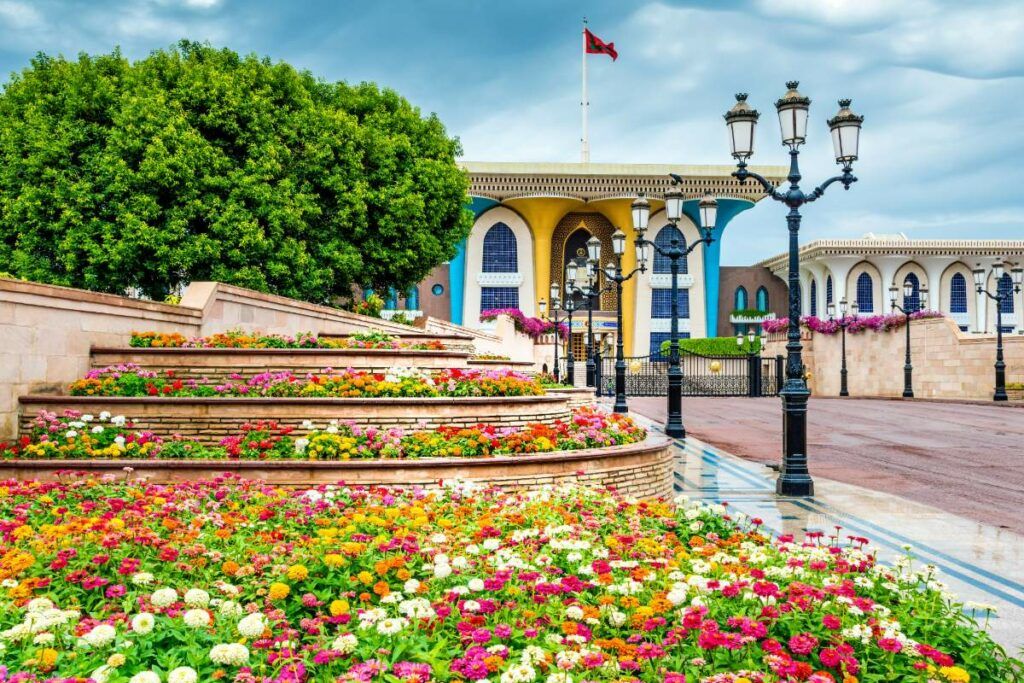
Wedding Gift Traditions in Oman
Omani wedding gift-giving traditions are more modest compared to other gulf countries. Some of the most valued wedding gifts include traditional Omani silver, handcrafted with intricate patterns, incense (a symbol of prosperity), and traditional colorful fabrics. These gifts emphasize the importance of family and tribal ties and reflect a strong connection to tradition.
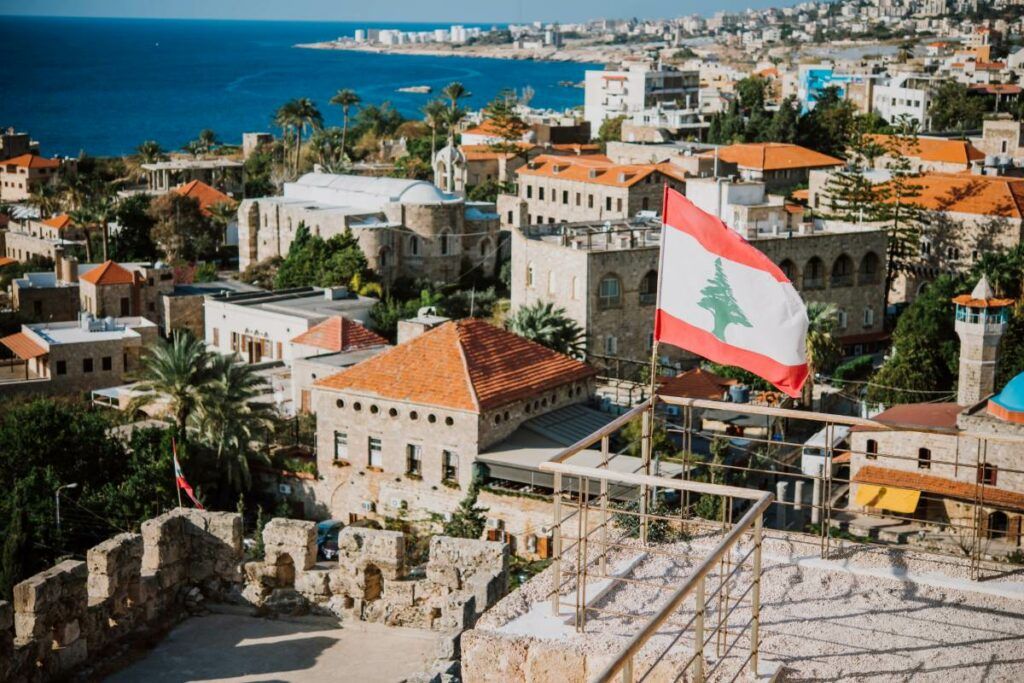
Wedding Gift Traditions in Lebanon
Lebanese weddings combine Arabic wedding customs with Western influences. The main tradition is Nqout, where guests contribute monetary gifts to help cover wedding expenses.
While modern trends like gift registries are gaining popularity, money and gold remain appreciated gifts at Lebanese weddings. The local wedding gift-giving tradition is Zaffeh, a wedding procession during which guests often give money to the newlyweds.
North African Countries: Morocco & Egypt
Unlike the gulf countries, where wealth and status play a major role in wedding gifts, North African traditions focus more on symbolic, practical, and sometimes communal contributions. While gold and Mahr (dowry) remain fundamental parts of marriages in these countries, the way these gifts are presented vary across North African countries.

Wedding Gift Traditions in Morocco
In Morocco, weddings are lively, multi-day celebrations filled with rich traditions. Gift-giving is an important part of the celebration, reflecting both practicality and cultural symbolism. Wedding gifts are often given during the Amariya (pre-wedding feast) or main wedding reception. Another tradition is the henna ceremony, where a bride receives gifts.
Popular wedding gifts for Moroccan weddings include jewelry, perfumes, traditional clothing such as kaftans, household items, and henna cones for the bride’s henna ceremony.

Wedding Gift Traditions in Egypt
In Egypt, weddings vary by region and by the bride and groom’s family level of religion and wealth. Traditional Egyptian wedding gifts include gold jewelry, known as Shabka, which the groom presents to the bride.
Cash gifts in ornate envelopes are also popular, given during the Zaffa (wedding procession) or wedding reception. However, unlike in the gulf, where lavish designer gifts are common, Egyptian weddings emphasize financial support for the couple.

Wedding Gift Traditions in Tunisia
In Tunisia, wedding celebrations involve multiple ceremonies and gift-giving happens at different times during the celebration. The groom traditionally gives the bride a Sdaq, a symbolic amount of money as part of the Mahr.
One of the key wedding gift-giving customs is the shabka which is given to the bride. It includes a collection of gold jewelry, usually 21-karat, along with perfumes and luxurious fabrics such as silk or embroidered jebba robes. These gifts symbolize prosperity, beauty and social status. Amongst these gifts, gold is the most prized gift to receive.
Popular and appropriate Muslim wedding gifts include home appliances, fine fabrics and handcrafted items. Gold jewelry is still important, but Tunisian weddings focus more on gifts that help the couple start their life together.
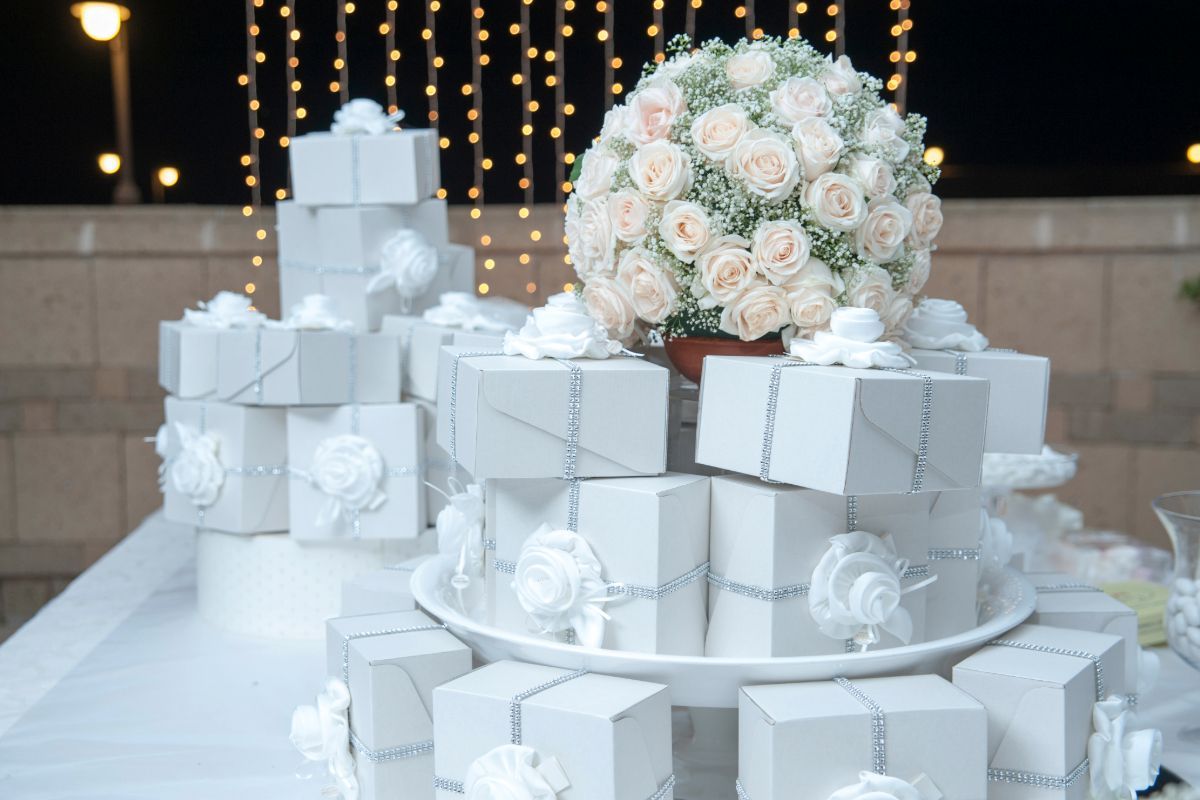
What Gifts Are Not Appropriate for an Islamic Wedding?
While Islam encourages generosity, certain gifts are considered inappropriate or even forbidden. Here’s what to avoid:
1. Haram Items:
Islam forbids giving gifts like alcohol, pork, or anything containing non-halal ingredients. These items contradict Islamic beliefs and could offend the couple.
2. Dishonestly Acquired Items:
Never give gifts that are stolen or obtained through dishonest means. Islam emphasizes honesty and integrity in all actions, including gift-giving.
3. Showy or Envy-Inducing Gifts:
Gifts that flaunt wealth or are meant to impress others can create feelings of envy. Islam encourages humility and discourages anything that may harm relationships.
4. Personal Items That Cross Boundaries:
Avoid overly personal gifts, such as intimate clothing or items that may be culturally inappropriate.

